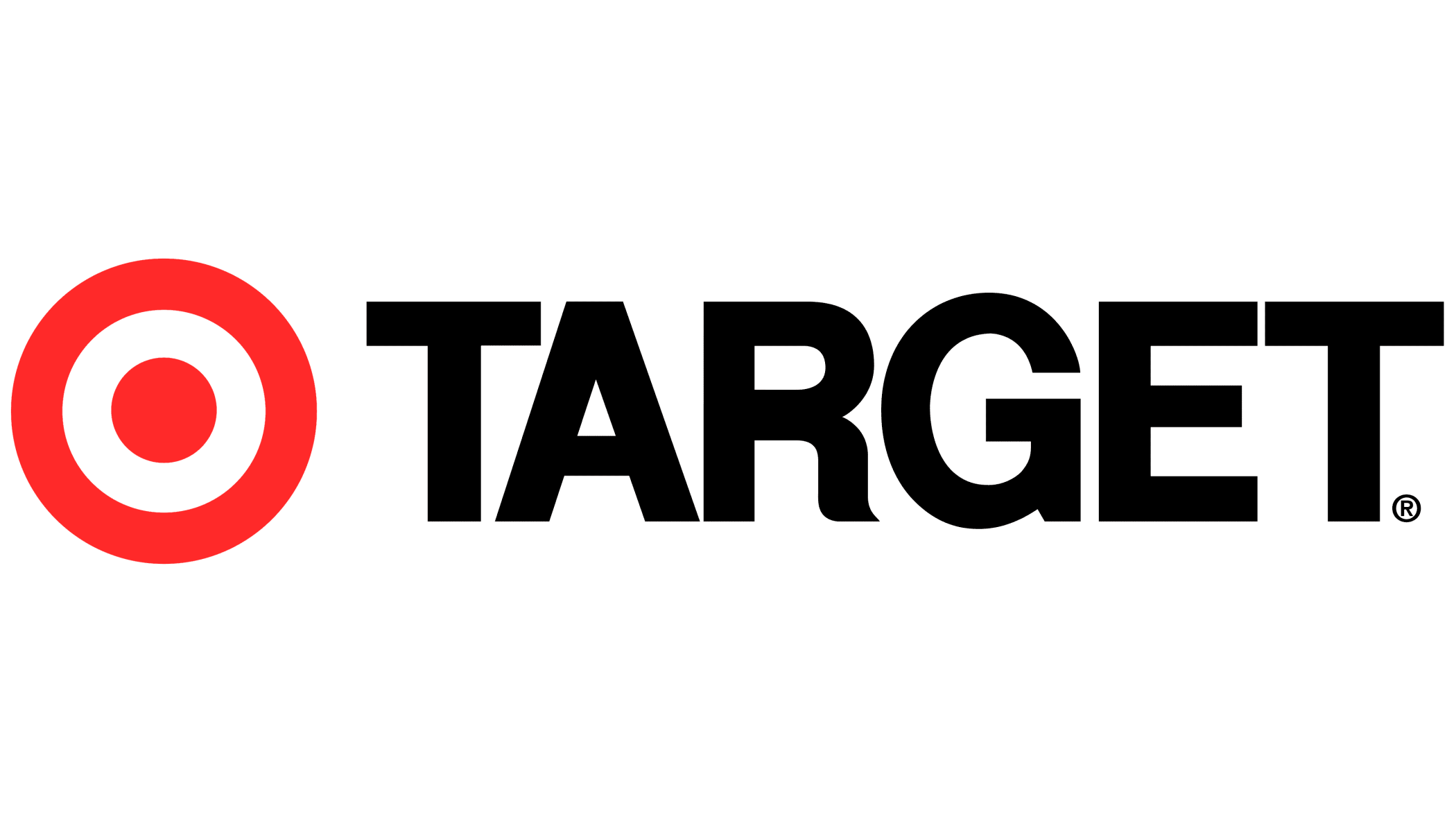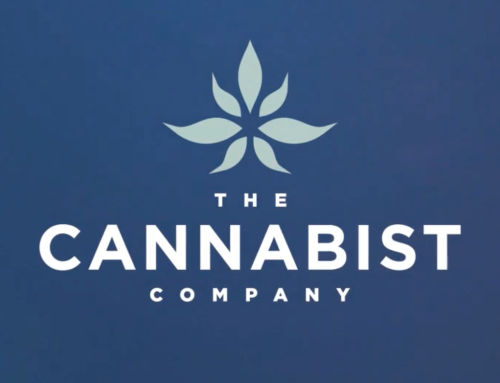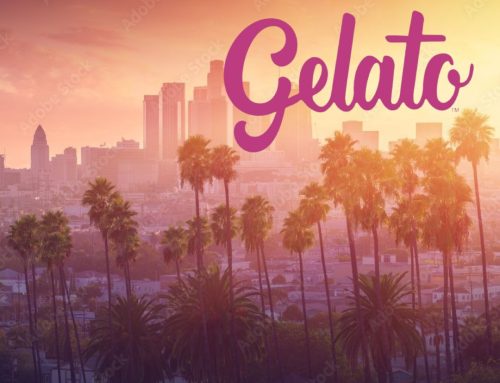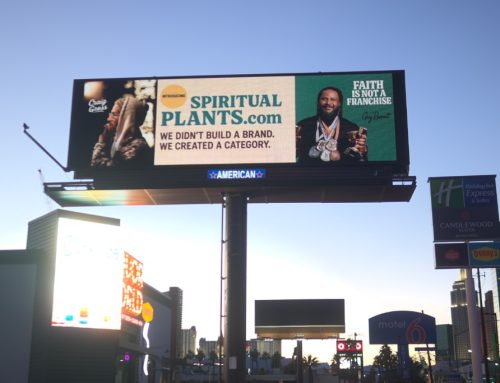Target Quietly Enters the THC Beverage Market — As Republicans Push to Recriminalize Hemp
LOS ANGELES- Target — one of America’s largest retailers — has quietly begun stocking THC-infused beverages at select stores in Minnesota, signaling one of the most significant steps yet in the mainstreaming of Cannabis consumer products.
According to reporting by Marijuana Moment, the company is piloting sales of hemp-derived THC beverages in about ten Minnesota stores, featuring brands such as Birdie, Cann, Gigli, Hi Seltzer, Indeed, Señorita, Stigma, Surly, Trail Magic, Wonder, Wyld, and Wynk. While Target has yet to issue a public statement, executives from participating companies confirmed the rollout, describing it as a “monumental” step for the category.
This test comes at a critical juncture — just as Republican lawmakers in Washington and several state legislatures are advancing efforts to roll back hemp-derived THC legalization, threatening to undo years of market growth and innovation stemming from the 2018 Farm Bill.
Minnesota: The Legal Test Ground
Minnesota has become one of the most progressive and commercially viable hemp beverage markets in the country. When Governor Tim Walz signed legislation in 2022 allowing hemp-derived cannabinoids — including THC — to be sold in food and beverages under specific potency limits (5 mg per serving, 50 mg per package), it set off a wave of entrepreneurship across the state.
Brewers, beverage makers, and even former lawmakers like Ryan Winkler, who now runs a hemp beverage company, began building a model for responsible regulation. Minnesota’s hemp beverage framework became a blueprint for how states could bridge the gap between prohibition and legalization through smart policy design.
Now, that model is under attack.
While Democrats in Congress and many statehouses have generally supported regulating hemp products as part of a broader Cannabis reform agenda, Republican-led committees — particularly within the House Agriculture Committee — are proposing to recriminalize hemp-derived cannabinoids that contain any measurable amount of THC.
Such a move would reverse key provisions of the 2018 Farm Bill, signed by former President Donald Trump, which federally legalized hemp and its derivatives so long as the delta-9 THC content remained below 0.3 percent by dry weight.
If enacted, the Republican proposal would make thousands of hemp-based beverage, gummy, and wellness brands instantly illegal — including many that currently operate in full compliance with state law.
The Politics Behind the Push
The new conservative drive to ban intoxicating hemp products has been framed as a public safety issue — but many observers see it as part of a broader cultural and political effort to reassert federal control over Cannabis.
Lobbying pressure has come from traditional agricultural groups, anti-drug coalitions, and even segments of the regulated Cannabis industry that view hemp-derived THC beverages as unfair competition.
Republican sponsors argue that hemp legalization has “gone too far,” claiming the industry exploited a loophole that allows intoxicating products to be sold outside the traditional Cannabis regulatory system.
But advocates and industry leaders counter that prohibition would only create a larger black market and stifle legitimate entrepreneurship.
“This is exactly why we need clear regulation — not another ban,” said Jason Dayton, co-founder of Trail Magic, one of the brands in Target’s test. “We want testing, labeling, and age restrictions — the same playbook that made the alcohol industry safe and successful. Banning hemp just penalizes the businesses that are doing it right.”
Corporate America Steps Off the Sidelines
Target’s pilot program follows a broader trend of large corporations quietly adapting to the normalization of Cannabis.
Amazon, the nation’s second-largest private employer, publicly supports federal legalization and has ended Cannabis drug testing for most workers. Home Depot, another retail giant, stopped testing for THC last year. Even the Veterans of Foreign Wars recently partnered with a hemp beverage company to make THC drinks available in VFW halls nationwide, using proceeds to fund veterans’ services.
These shifts underscore a growing acceptance among major employers and institutions that Cannabis use — whether medical, recreational, or wellness-based — is no longer a disqualifier for employment or mainstream commerce.
Target’s experiment could represent the next stage of that normalization: when the country’s suburban retail aisles, not just its dispensaries, begin to carry low-dose THC products.
The Consumer Shift Away From Alcohol
Public opinion is moving just as quickly as corporate policy. Recent polling shows that a majority of Americans now view Cannabis as a healthier alternative to alcohol. Among adults who drink THC-infused beverages, four in five report cutting back on alcohol consumption, while more than 20 percent say they’ve stopped drinking alcohol altogether.
For beverage companies — both hemp-based and traditional — this trend presents a paradigm shift. Alcohol giants like Constellation Brands, Anheuser-Busch InBev, and Molson Coors have all explored Cannabis or CBD-infused products in recent years, seeing the same pattern that Target now appears to recognize: consumers are trading booze for balance.
Cannabis beverages are emerging as the crossover product — not intoxicating in the traditional sense, but functional, relaxing, and increasingly normalized in social settings.
And with mainstream retailers testing the category, those consumption habits are poised to scale.
A Defining Moment for the Hemp Sector
What’s unfolding in Minnesota could shape the next decade of Cannabis commerce.
If Target’s pilot performs well, other retailers will follow. But if Republican lawmakers succeed in banning hemp-derived cannabinoids at the federal level, the U.S. hemp beverage industry — now worth hundreds of millions annually — could vanish overnight.
It’s a moment that captures the larger crossroads facing America’s Cannabis economy: whether it will mature through thoughtful regulation or regress back to fear-based prohibition.
“The public has already made up its mind,” said one industry executive privately. “Consumers want legal, safe, tested products. The only question now is whether Washington wants to follow or fight them.”
The Bottom Line
Target’s quiet entry into the THC beverage space isn’t just another retail test — it’s a referendum on the future of Cannabis normalization in the United States.
If successful, the move will mark the moment Cannabis beverages left the margins and entered the mainstream. If derailed by politics, it will expose how far behind federal policy has fallen from consumer reality.
Either way, the story unfolding in Minnesota is about more than drinks on a shelf. It’s about a generational shift in how Americans define wellness, recreation, and regulation — and about which side of history the country’s leaders choose to stand on.
©2025 Highly Capitalized Network. All Rights Reserved. Follow Highly Capitalized Network for analysis on Cannabis, finance, and policy. Subscribe at HighlyCapitalized.com.




































